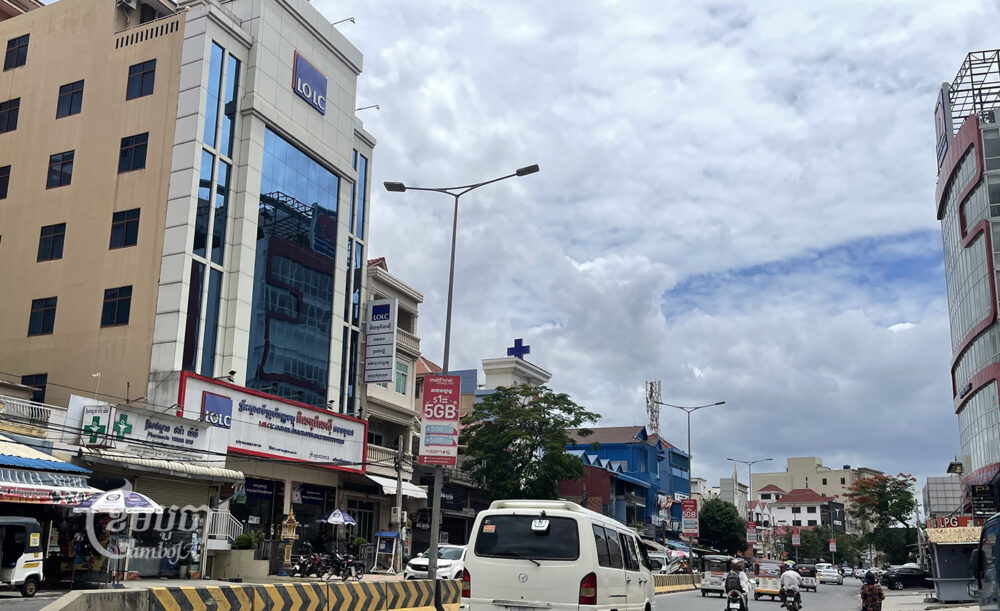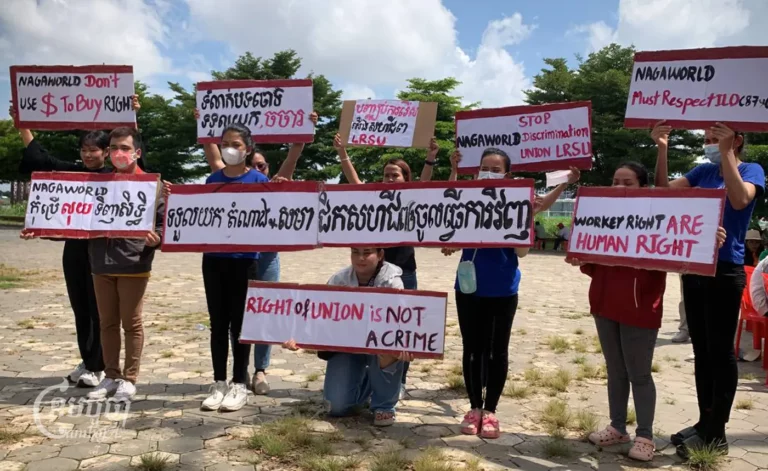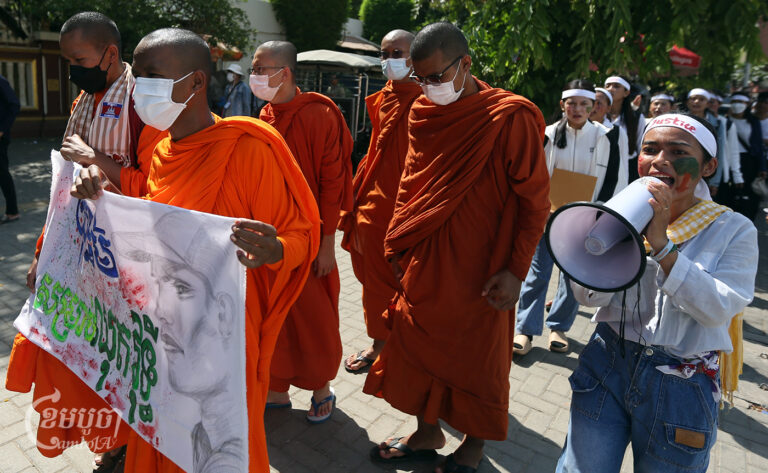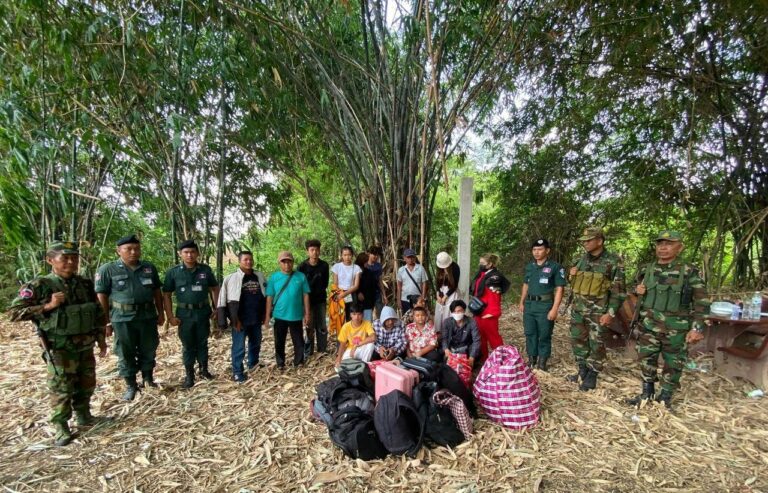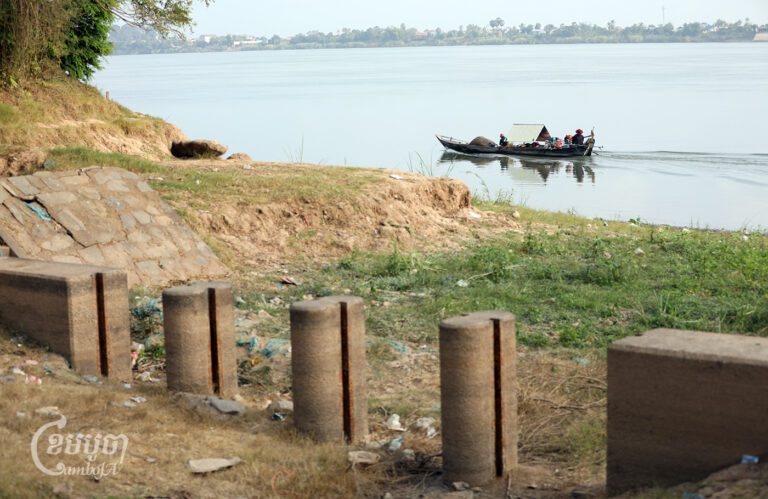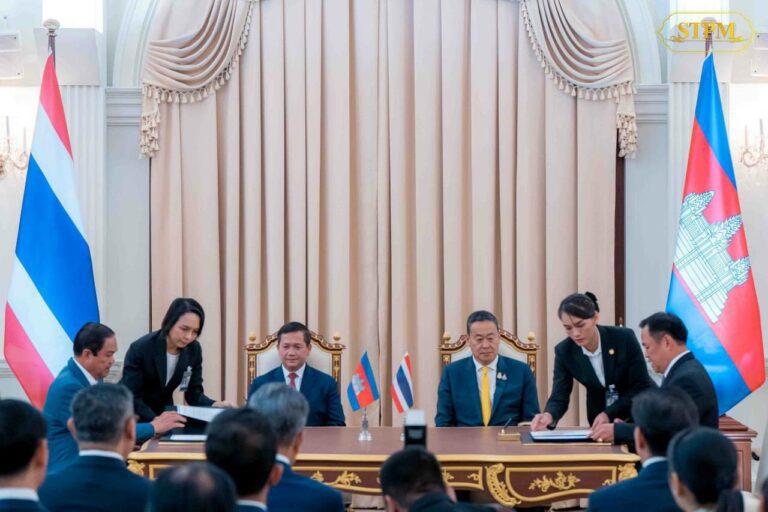The International Finance Corporation’s (IFC) watchdog announced Tuesday it will proceed with an investigation into Cambodia’s leading microfinance firms, after the IFC withdrew a request for review of the decision to investigate.
The IFC’s Compliance Advisor Ombudsman (CAO) made the decision to investigate on June 13, but the investigation was delayed due to an IFC management request for its board to review the decision. The IFC, a member of the World Bank Group, had never before exercised this review policy, which could have halted the investigation. A CAO spokesperson told CamboJA the policy is only used in “exceptional circumstances” where IFC management believe “technical criteria…have not been met.”
On Tuesday, the CAO also published its initial appraisal of the complaint filed against six of Cambodia’s top IFC-funded microfinance institutions — Acleda, Amret, Prasac, Hattha Bank, LOLC and Sathapana. The firms represent more than 70% of the country’s microfinance market. The nine month appraisal found “preliminary indications of harm” to borrowers and violations of IFC environmental and social standards by these six institutions as well as four financial intermediaries.
“CAO reached this conclusion based on household level accounts of the adverse social impacts of microfinance lending provided by complainants, which are consistent with broader accounts of the risks and impacts of microfinance lending and over-indebtedness in Cambodia and other developing countries,” the CAO’s appraisal report stated.
The alleged harms included microfinance borrowers’ loss of land and livelihood, child labor, migration driven by economic needs, negative impacts on indigenous communities and fear of industry retaliation against critics.
In its initial appraisal, the CAO noted these impacts “are plausibly linked to IFC’s potential noncompliance” with its environmental and social governance policies and could have been mitigated if they had been properly addressed by the IFC’s due diligence standards.
The appraisal report dismissed the argument that microfinance borrowers are not covered by the IFC’s sustainability policy and performance standards.
According to the CAO, the IFC claimed its policies applied to the impact of “business activity,” such as a microfinance-funded farm or convenience store, on the community, but not the impact on the microfinance borrowers themselves, who might sell their land or fall deeper into poverty due to debt.
Human rights NGOs Licadho, which initiated the complaint to the watchdog in February 2022 along with NGO Equitable Cambodia, said it was eager for the investigation to move forward.
“We are pleased the IFC Management’s attempt to derail this process has failed, and that the CAO can move forward with its work independently. It’s infuriating that IFC management’s objection delayed a direly needed CAO investigation,” human rights NGO Licadho’s Outreach Director Naly Pilorge told CamboJA.
Economist Milford Bateman said he believes the IFC “already knows full well the extent of the damage” of microfinance in Cambodia and other developing countries and sought to avoid “a full-blown critique” of the sector it has poured tens of millions into. The IFC also owns a nearly 20% stake in Amret, one of the microfinance institutions facing investigation.
“I think [the IFC management’s] panicky decision [to request a review of the decision to investigate] was also about obscuring the World Bank/IFC’s own role in always promoting the ‘freedom’ of private profit-makers to operate no matter the devastation they all too often visit upon the poor in the global South,” said Bateman, a Visiting Professor of Economics at Juraj Dobrila University of Pula in Croatia.
Bateman said he believed the IFC likely faced pressure from the microfinance industry and its high powered investors, such as the US government, to prevent an investigation from proceeding. An investigation could inconveniently tarnish newly appointed World Bank president Ajay Banga, a long-time microfinance advocate from his days at CitiBank, he added.
But University of Hamburg development anthropologist Frank Bliss said he had “no idea” whether the CAO’s investigation into the industry was warranted. He published a German-government-supported survey of microfinance in Cambodia last August, which estimated there had been more than 167,000 debt-related land sales since 2017.
Bliss said that not all overindebtedness stemmed from unethical lending practices, and microfinance borrowers ended up selling their land due to a variety of circumstances. Some people knowingly “cheat[ed] the system” before becoming over-indebted, while others made what he called “absolutely idiotic” decisions by using family members to take on multiple debts, he said.
While Licadho and some academic researchers argue the negative consequences of microfinance stem from industry policies, such as the widespread use of land titles to collateralize loans, Bliss said the sector’s problems were primarily the result of unethical credit officers engaging in harmful lending contrary to the industry’s policies.
“I think, in the microfinance sector, there are more than 10% bad performing, unethical credit officers,” he said.
The Cambodia Microfinance Association “welcomes the decision by CAO to start the investigation. CMA is looking forward to supporting the process,” said CMA spokesperson Tongngy Kaing in an email. “CMA hopes the result from the investigation by such a reputational independent body will help the public and stakeholder understand the truth regarding the allegation.”
Additional reporting by Leila Goldstein.


